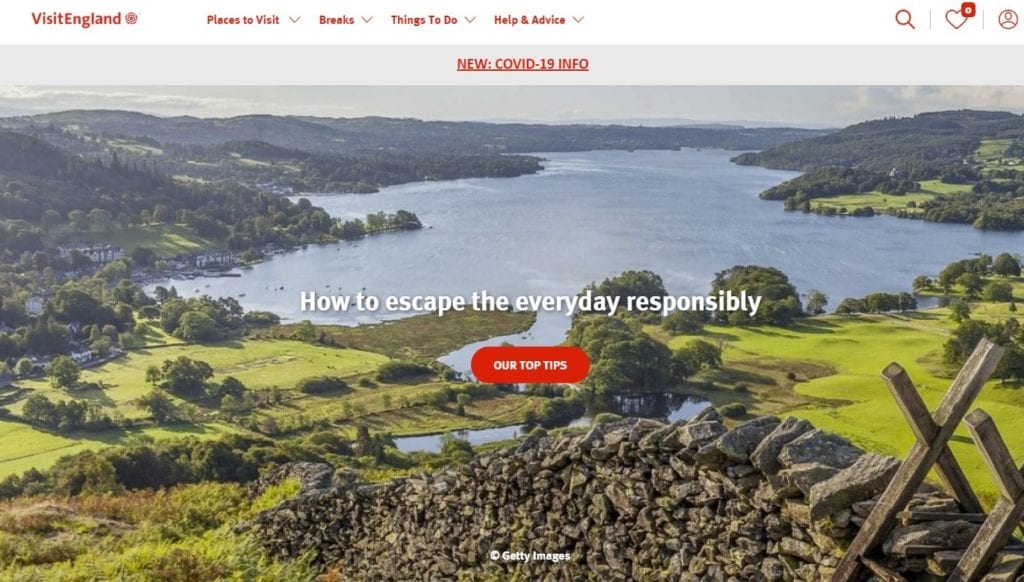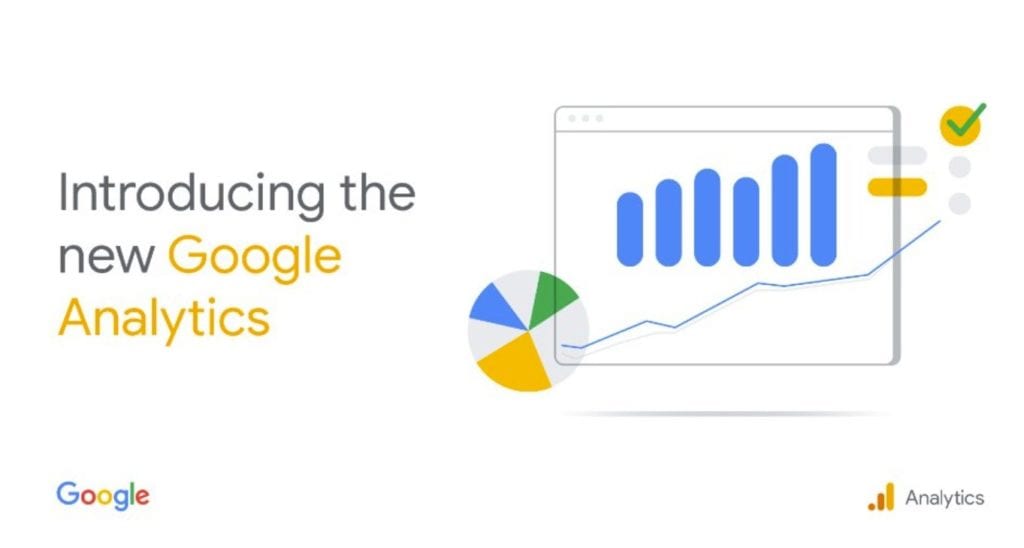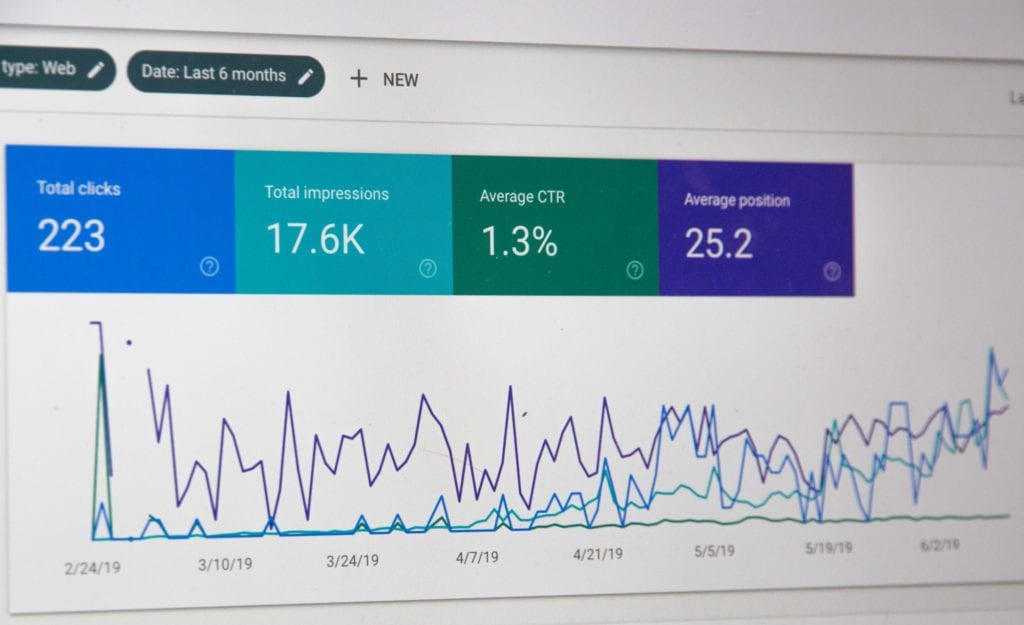You’ve probably heard us say it a million times: You need your own website when it comes to building a successful and sustainable vacation rental business.
You can’t just rely on OTAs such as Airbnb or Booking.com. Among other issues, they charge extra fees and commission and mean that you never quite have control over your own business.
Instead, setting up your own website with an easy and obvious way for guests to browse, book, and pay, is a surefire strategy to becoming an independent, trusted, and successful host.
But you can have the best, most beautiful website out there…and if no one sees it, it can all feel like a huge waste of time. No views mean no bookings – and no business.
Instead, at Boostly, we recommend you have a simple, powerful website and ensure that people actually visit it, and book.
SEO (search engine optimisation) is a key part of making this happen and can make the difference between getting bookings all day long, or your website collecting digital dust.
But, knowing what steps to take can be ridiculously confusing because the information online is overwhelming, especially if you haven’t got the time, patience, or inclination to become an SEO wizard.
That’s why in this post we explain:
✔ What SEO actually is and how to use it, even if you’re a total beginner.
✔ How SEO fits into blogging; and creating useful content to draw in potential guests.
✔ Tools that help you get started.
✔ And how to ensure your efforts result in more traffic and direct bookings.
Sound good? Read on.
Why be dependent on OTAs like Airbnb and Booking.com? Did you know you can save thousands on commission fees by getting direct bookings? Get our free blueprint on how to double direct bookings for free.
Table of Contents
1. Know your SEO
What is SEO?
SEO means “Search Engine Optimization”, and it means anything you do on your website that helps it increase the number of and quality of visitors (or “traffic”) to your website, via free search engine results.
If a web page appears on the first page of Google, it likely has great SEO for that topic or those search words (or “keywords” or “terms”). Most people don’t look past the first page of Google, so if you can “rank” (show up) well, you’re likely to get more clicks and bookings.
When people are searching online, they are often looking to buy, so it’s really important to capture that traffic.

SEO for beginners: The “start here” guide
SEO can be overwhelming and feel very technical, especially if you’re a beginner. But there are some easy things you can do to get started straight away.
- Find the right keywords and choose the best ones for your website content
Keywords are the search terms that your ideal customer will type into Google or the search engine to find your property. Think about terms searchers might use, and make sure your content includes them.
- Optimise images
Images and their file names are also used to help your website show up high on search engine results. Make sure your images are of good quality and name them with readable descriptions, such as “Interior bedroom at Cotswolds cottage” rather than “img_458”.
- Optimise page titles and headers; use meta descriptions and descriptive URLs
All websites will allow you to name new website pages or blog posts, not only for the visible headline of the page, but also the title shown in the browser when someone clicks, or the top line of text that people see in search results.
Meta descriptions (or page descriptions) are a quick, 150-character summary that entices people to click. Descriptive URLs mean that the web page link is readable and relates back to the post content.
- Create “Partner” pages and ask for links back
Vacation rental businesses might have several partners, such as suppliers of your sheets or soap, or the producers of the sausages you’re proud to serve at breakfast. Create a section on your website sharing those brands, and link to them. This showcases the quality of your rental, but also means you can contact other businesses and ask them to link to your website from theirs too.
- Share your content on social media
Although it’s not technically directly related to SEO, sharing your content on social media can help increase traffic to your website and improve your online visibility generally. Recent research by SEO specialist software provider CognitiveSEO showed a clear link between the number of social shares and SEO rankings. The more likes or shares; the more signals are sent to search engines, which in turn boosts your results.
(Not sure where to start? See our full Social Media Marketing Guide for more information.)
- Practise your own PR
This might mean writing a guest post on someone else’s already-popular website or pitching your business to magazines and podcasts. This allows you to build on other people’s established audiences – if they’re a fit for your brand – and bring more traffic and bookings back to your site. Ensure this content always contains a link to your website – these are called “backlinks” and are hugely valuable for SEO.
(For more of an idea of how SEO fits into your wider marketing strategy, see our vacation rental Marketing Guide for more information.)
2. Know your keywords
How do I know what keywords to use?
Keywords are search terms that your ideal guest will search for on Google (or another search engine!) when researching or looking to book. Consider the words or phrases they might use, and it’s good practice to include as many of these words as possible.
“Long-tail keywords” refer to even more specific phrases that your ideal guest might search for. Think “best digital detox forest Airbnb cabins in Sussex” rather than “best forest cabins”.
However, it’s important not to stuff your posts with random keywords for the sake of it. Incorporate keywords as seamlessly as possible, without sounding spammy.
The more relevant your post or site to your ideal guest or viewer, the more likely you will be to use the top keywords naturally.

3. Make SEO tools work for your vacation rental
You can start searching for keywords and great content ideas on your own; at Boostly, we’re big fans of learning how to do things yourself, for maximum control.
However, you don’t have to just throw some words at Google and hope they stick. There are some great tools that can help.
- Ubersuggest – An “all-in-one” SEO and keyword tool from SEO expert Neil Patel. Search for great keywords, track your website ranking, check your site for SEO issues and fix them, and more. Free version and free plugin for basic features. From £29/month for 1-3 websites for more advanced features. Offers a 7-day free trial for paid version.
- Keywords Everywhere – A browser add-on for keyword research. Works on Chrome and Firefox. Shows how often people have searched for a term, the competition for a keyword, and historical trend data going back to 2004. Free to install the add-on, and free to use for basic features. Starts from $10 for 100,000 “credits” or keywords, for more advanced analysis.
- SEMRush – A powerful tool for SEO, marketing, advertising, social media, and more. Finds global, national, and local keywords, and runs audits of your site daily. Aims to be an SEO and marketing “all-in-one”. From $99.95/month paid annually. Offers a free trial.
- Moz – An SEO tool that helps boost your search result rankings and visibility, and specialises in helping you understand your SEO data. Completes site audits, tracks your ranking, analyses your backlinks, and more. From $79/month paid annually. Offers a free 30-day trial.
- Yoast – A WordPress plugin that checks your work in real-time to offer advice and tweaks you can make to improve your page SEO. Allows you to find high-performing keywords, improve your Google algorithm ranking with clear content, and more. Offers a free version. Yoast Premium starts at £89 per year for one website.
- RankMath – Another SEO WordPress plugin, calling itself the “Swiss Army knife of SEO”. Offers suggestions to improve your SEO as you create, and integrates with other useful platforms such as Google Search Console. Tracks rankings and runs detailed SEO analysis of your site. From $59 + VAT per year for one site. 30-day money-back guarantee.

4. Blog your way to great vacation rental industry SEO
Content creation or “content marketing” is a key pillar of good SEO, and a major part of any website, whether you create yours with us here at Boostly, or not.
Creating a blog that shows off your rental, your personality, and your knowledge can help bring more visitors to your site, increase your authority, build relationships with potential guests, and mean they’re likely to remember you when they are ready to book.
People are far more likely to click through to valuable content such as a local tour guide or personal story, rather than a sales page or booking portal.
Plus, you can add the best keywords for your business – including specific long-tail keywords that you might not have elsewhere on your site – to each and every blog post, giving your website more chances to rank well in more searches.
A content marketing strategy can:
- Help draw more visitors to your site.
- Establish you as an authority.
- Share useful knowledge and information, as you create content posts that are complementary to your business, such as the Top 10 Places To Visit in the Cotswolds. People will then share your content, bringing more people to your site, where they can then book.
- Build a community of potential guests, as people start to see your site as a trusted resource.
- Boost your email list. (The number of people on your email database, allowing you to send them deals or updates.)
- Provide great content to share on your social media, which can help build better relationships with your community, so visitors are more likely to book and pay in the future.
5. Build great links for your vacation rental SEO
As it sounds, link building is about building up the number of links from other people’s sites to your website (those “backlinks”). This helps boost your search ranking and improves your site’s authority and visibility.
The more links from trusted, highly-visited sites, the better.
Top SEO tips for improving your link building:
Establish good relationships with local partners or other businesses in your area or niche. This is likely to be more successful than asking random sites you don’t know to link back – more often than not, this makes no sense and can come across as spammy and impersonal.
Try local businesses. This might include your regular food or product providers – or local event organisers that bring people to your area, such as festivals, big conferences, or major sports competitions.
Ask local tourism authorities. They likely receive regular enquiries into the best places to stay in the area or may be creating their own content around this idea too.
Pitch your business to bloggers, podcasters, or magazines in your niche. For example, if your rental is close to a golf course, you might pitch yourself for an interview in a golf magazine or website.
Create social profiles for your business. Claiming your business name on big social platforms such as Twitter, Instagram, and YouTube boosts your visibility on those major sites and establishes authority.
It goes without saying that we don’t recommend that you “buy links” for your site. Services that offer this are 99.9% of the time completely spammy, and will likely damage your rankings and SEO over time, rather than improve it. There are some good, legitimate SEO agencies out there that can boost your link building in the “right way”, so use your judgement and run from any dodgy deals.

6. Use SEO not only for traffic but also for vacation rental bookings
Of course, SEO isn’t only about getting more eyeballs on your site for the sake of it. It’s also about ensuring people actually book directly with you once they’re there – something we specialise in at Boostly.
This is about making it as easy as possible for guests to actually book, once SEO has done its job of getting them on your page in the first place.
- Ensure your site has an easy and obvious way to see your rental, check availability, book, and take payment. This might be as a “Book Now” button and a PayPal link.
- Ensure that your content is designed to attract ideal guests. Blog posts on your site can help to showcase your rental knowledge and love of hosting, and/or your local area, to entice people who are almost ready to book, and help them get to know you and your business.
- Ensure your photos are great quality, and your copy is clear, friendly, and readable. Make it easy for people to contact you, so they start to build trust and feel as though they can book with you without fear.
- Ensure your site is responsive on laptop and mobile devices. Websites that look bad or don’t work properly on smartphones or tablets risk losing customers in seconds.
- Make your cancellation + refund policy clear, even if only in a sentence or two at the bottom of the page, so people will be happy to book without taking on too much risk. Find a good balance between easy and strict cancellation, so you get high-quality bookings from serious guests, but offer enough of an insurance policy in case a cancellation is unavoidable.
- Make sure that every page on your website has a clear CTA (or “call to action”). This means something you want a visitor to do when they’re on your page. Most likely this will be either to book your rental now or contact you. This means that if someone lands on your site, they’ll be in no doubt about what you do, and how to book.

7. Track your vacation rental SEO so you know if it’s working
Of course, when you’re running a business, you can’t just set systems up and run. Hoping and praying is not a sustainable SEO strategy.
At Boostly, we always recommend that you set goals, and track how well the systems are working. You can then analyse results from your SEO efforts, and change or tweak your action plan for optimum success.
Many of the tools we mentioned above can help you do this automatically, so you don’t need to become an SEO wizard overnight.
We recommend keeping track of some or all of the following:
- Organic website traffic. How many new visitors are coming to your site?
- Sources. Where does your traffic come from and how can you improve that?
- Location. Is your content relevant to your local area? Are you appealing to an international audience?
- Time on site and bounce rate. How long do people stay before clicking away (“bounce”)? And which pages cause them to click away most?
- Devices used. Does your traffic come mainly from PCs or mobile devices?
- How many pages users visit. If this – as well as “time on site” – is very low, you might want to consider how you can make your content more valuable or compelling.
- Organic conversions. How many visitors are then going on to sign up or buy?
- Page loading speed. Internet users are impatient and likely to click away if your page appears slow or unresponsive. There are tools that can speed this up if it’s a problem.
- Keyword rankings. Keep an eye on the popular topics in your space, and also on where you rank among them.
- New backlinks. Keep an eye on backlinks and seek new opportunities where you can.
There are also tools specifically designed to help you track results. The major players are Google Search Console and Google Analytics.
Google Search Console – More SEO-focused. Helps you improve your performance on Google Search, improve traffic, optimise your content, and fix issues on your site. It also tells you what keywords you currently rank for.
Google Analytics – Provides a dashboard of a wide range of data related to your website, including time spent on individual pages, visitor information, and much more, giving you actionable data quickly.
A final reminder when it comes to SEO for your vacation rental
Don’t expect results overnight. Working on SEO is a slow burn. It can take search engines weeks or months to pick up on your efforts, but that doesn’t mean it’s not working. Keep track, stay patient, tweak one thing and try again. It’s a marathon, not a sprint!
Vacation rental marketing: SEO success
It may seem complicated, but we hope you now understand how powerful SEO can be to ensure your vacation rental owner website gets seen; and your business gets consistent, direct vacation rental property bookings from your ideal guests.
This, in turn, helps you to build up better personal relationships with guests, get repeat bookings, and not rely on OTAs (nor pay their commission!) to market your business.
At Boostly, we give you the tools and know-how you need to build your own vacation rental website and build high-quality traffic.
With a few tweaks and good practices online, you can stop relying on OTAs, and instead take full control of your short-term rental business through social media, powerful marketing, and direct bookings.
With the right SEO, you can transform your business website from the Internet’s best-kept secret, into the super-visible high-street shop window that everyone’s talking about, and transform those ready-to-buy visitors into satisfied, repeat guests too. Win, win.
Why be dependent on OTAs like Airbnb and Booking.com? Did you know you can save thousands on commission fees by getting direct bookings? Get our free blueprint on how to double direct bookings for free.


